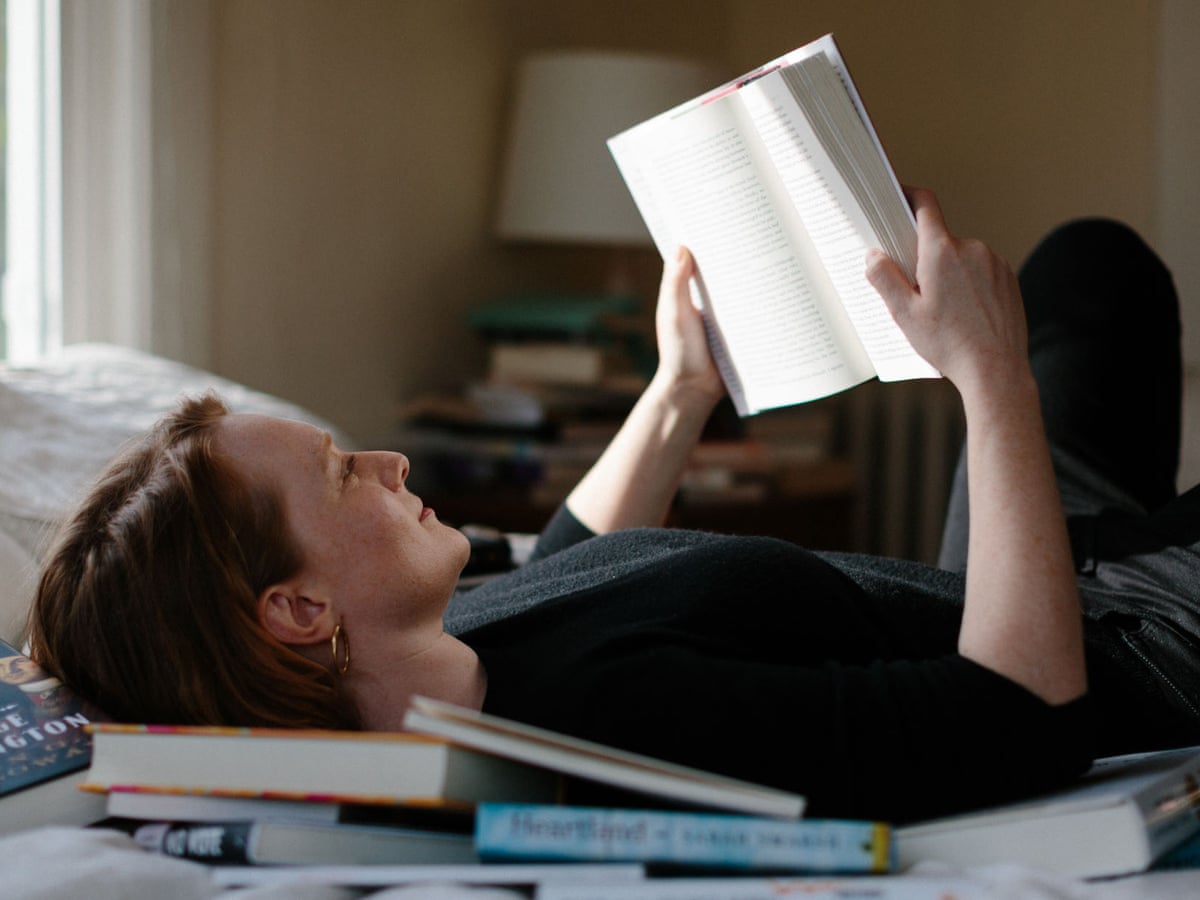In a world where reality often mirrors fiction, books that explore dystopias have captured the imaginations of readers of all ages. These narratives offer a glimpse into futures both bleak and intriguing, compelling us to reflect on the present. Whether you’re a seasoned reader or new to the genre, this exploration of dystopian literature will guide you through some of the most thought-provoking works ever penned.

The Allure of Dystopian Literature
Dystopian literature serves as a mirror to societal issues, projecting them into a future where consequences are magnified. It’s a genre rich with cautionary tales that resonate with readers, urging them to ponder and question the world they inhabit.
What Defines a Dystopian Novel?
A dystopian novel typically presents a society characterized by oppression, totalitarian regimes, environmental collapse, or other dehumanizing factors. These narratives often challenge the status quo and encourage readers to consider the fragility of human rights and freedoms.
Classic Dystopian Works
Some dystopian books have become cornerstones of literature, influencing countless writers and thinkers. These classics continue to impact readers with their timeless themes and powerful storytelling.
George Orwell’s 1984
Published in 1949, George Orwell’s 1984 remains one of the most influential dystopian novels. It explores themes of surveillance, censorship, and the manipulation of truth, making it eerily relevant in today’s digital age.
Aldous Huxley’s Brave New World
In Brave New World, Aldous Huxley envisions a future where technology and conditioning control human desires and emotions. This novel questions the cost of a seemingly perfect society and the loss of individuality.
Ray Bradbury’s Fahrenheit 451
Fahrenheit 451 by Ray Bradbury presents a world where books are banned, and critical thinking is suppressed. It’s a chilling reminder of the importance of literature in preserving free thought.
Modern Takes on Dystopia
Contemporary authors continue to expand the boundaries of dystopian fiction, offering fresh perspectives and innovative narratives that resonate with today’s readers.
The Hunger Games by Suzanne Collins
Collins’ The Hunger Games series introduces readers to a society where reality TV and political control intertwine. It explores themes of power, survival, and rebellion in a gripping narrative.
Margaret Atwood’s The Handmaid’s Tale
In The Handmaid’s Tale, Margaret Atwood crafts a chilling vision of a theocratic regime where women’s rights are stripped away. This novel has sparked conversations about gender, power, and resistance.
Station Eleven by Emily St. John Mandel
Station Eleven offers a unique blend of dystopia and hope, following a group of survivors in a post-pandemic world. It highlights the resilience of art and community in the face of disaster.
The Impact of Dystopian Narratives
Dystopian books not only entertain but also provoke critical thinking and discussion. They hold a mirror to society, prompting readers to question, challenge, and envision better futures.
Reflecting on Society
These narratives often reflect current societal fears, from environmental degradation to political oppression. By exaggerating these issues, dystopian books encourage readers to reflect on their consequences and consider solutions.
Inspiration for Change
Dystopian literature inspires readers to envision change by showcasing the resilience of individuals and communities. It provides a platform for exploring themes of resistance, hope, and the power of collective action.
Navigating the Genre
For those new to dystopian literature, navigating the genre can be daunting. Here’s a guide to help you find your next compelling read.
Exploring Subgenres
Dystopian fiction spans various subgenres, including post-apocalyptic, speculative fiction, and cyberpunk. Each offers unique perspectives on the future and society.
Finding Your Next Read
With countless options available, finding the right dystopian novel can be overwhelming. Consider starting with a classic or exploring recommendations from trusted sources, such as reading more books in less time.

FAQs about Dystopian Books
What makes dystopian books so popular?
Dystopian books resonate with readers because they explore relevant societal issues in imaginative ways, prompting reflection and discussion.
Are dystopian novels suitable for all ages?
While many dystopian novels are suitable for young adults, some contain mature themes, making it important to consider individual preferences and maturity levels.
How can I find more dystopian books to read?
Exploring recommended book lists and online communities can provide inspiration and new discoveries in the genre.
This article contains affiliate links. We may earn a commission at no extra cost to you.







